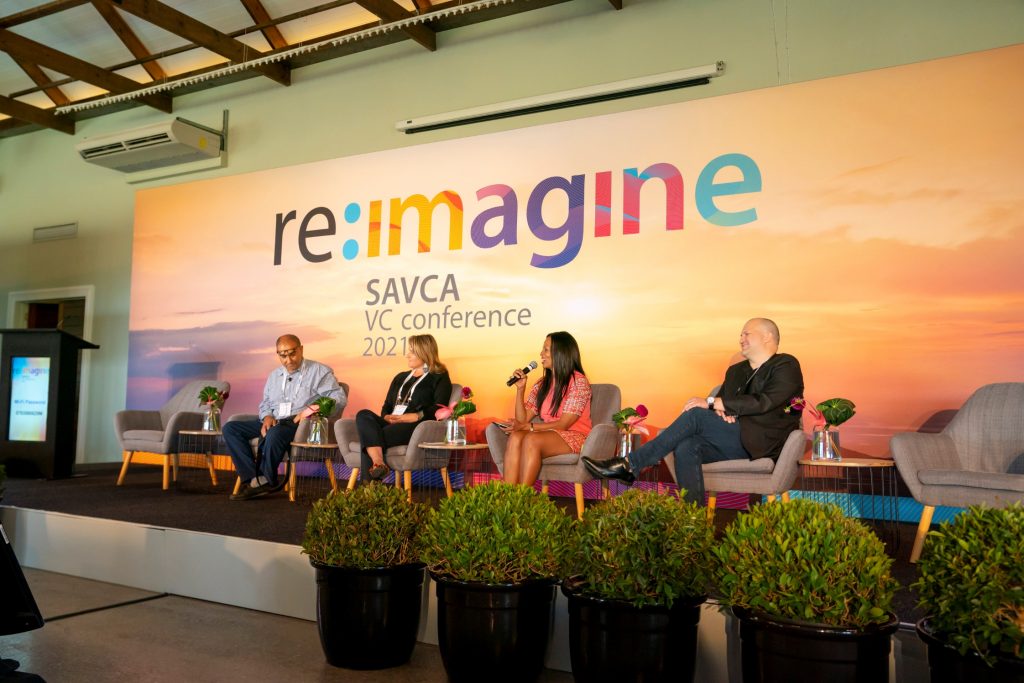We all have them. Those apps we open without thinking. Not because we need anything in particular, but because they feel… safe, in some…
SAVCA findings: How Venture Capital can solve unemployment

South Africa’s unemployment figures are among the highest in the world and this inequity means many people live in poverty. Venture Capital may be a solution to these problems, but more interest must be shown to this industry – especially by institutional investors, if it is to make a real impact.
“The big picture is that we have 64% youth unemployment,” says Llew Claasen, Co-Founder and Managing Partner at Newton Partners. “VC promotes entrepreneurship for people who want to change their circumstances.”
Backing entrepreneurs that are going to invest in technology is a key part of the economic solution in SA.
It’s not just government and development funders’ responsibility to create jobs. In fact, as Gladwyn Leeuw, General Partner at Kingson Capital, pointed out, there’s not enough capital from these two sources to solve South Africa’s social issues.
“Government is under pressure financially and even the private sector is struggling due to the country’s ratings downgrade,” he said.
The small-to-medium enterprise (SME) sector, where VCs typically invest, is an often-underappreciated job creation mechanism. Anton Baumann, Co-Founder of Empowerment Capital Investment Partners, emphasised the importance of the SME sector.
“It’s globally recognised as the engine of job creation,” he says “For example, in developed countries, as much as 80% of GDP comes from companies that hire between 10-20 people.”
“Not enough value is placed on venture impact for the economy in terms of job creation and new industry development,” explains Leeuw.
In part, this is because misconceptions about VC abound. For example, there’s a mistaken belief that the technology being developed by VCs and other start-ups will cannibalise jobs. Leeuw believes this is unfair.
“Yes certain low-skilled jobs may be negatively impacted by some technology, but there’s significant potential for job creation in other, possibly newer, sectors,” he says “We just need to upskill our labour force to be able to take advantage of this.”
Importantly, we need to address a pervasive skills mismatch. According to Sibonakaliso Mavuka, Manager – Special Projects at Tshikululu Social Investments “there’s a gap between the skills the market requires, and the skills school and university leavers are being equipped with. It’s up to us to help close that gap.”
Industry barriers
While the case for investing in South African VCs may be compelling, there are several structural impediments to doing so. These put many institutional investors off and, as a result, there is a significant gap in funding, resulting in VCs struggling to scale effectively.
According to Claasen, SA is the most difficult market in Africa to invest in. “In the last 18 months, we have invested heavily in other African markets, but we see South Africa as the hardest African market to invest in and are yet to invest here.”
Some of this comes down to a widespread lack of knowledge, but also a lack of quality accelerator and incubator programmes.
“While there are some notable exceptions, such as Grindstone and Endeavor South Africa, on the whole there’s a huge gap in the quality of accelerator and incubator programmes in South Africa,” explains Gordhan.
“An informal survey of 30-40 of South African accelerator and incubator programmes revealed that none had been able to produce companies which had managed to raise more than R10 million from third party funders.”
What else does the industry need?
Antonia Bothner, Capital Markets Lead at Endeavor South Africa says its main portfolio of 30 South African Endeavor entrepreneurs successfully raised over R5 billion in 2021, more than doubling the R2 billion raised in 2020. There’s been a clear uptick in interest among both local and international private investors.
“What’s more exciting is the revenue growth and job creation that our main portfolio is generating: 63% and 27% per annum respectively from 2017 to 2021. And these companies are driving inclusivity – over 80% of the 13 000 jobs created by these 30 companies are held by black South Africans,” she explains.
“What’s interesting from a gender perspective is that of these 30 companies, there are six female founders. Four of these female founders produce 75% of the jobs in our portfolio, which is amazing.”
From Gordhan’s perspective, there are three needed in order for the VC industry to achieve scale:
- Increased seed funding
- More institutional investment allocated to VC
- Greater partnerships between the VC industry and government
“The VC sector in South Africa is growing and is contributing positively to social and economic development,” concludes Tanya van Lill, CEO of SAVCA. “But it needs more support from big investors to make the impact it has the potential to.”
Feature image supplied by SAVCA


